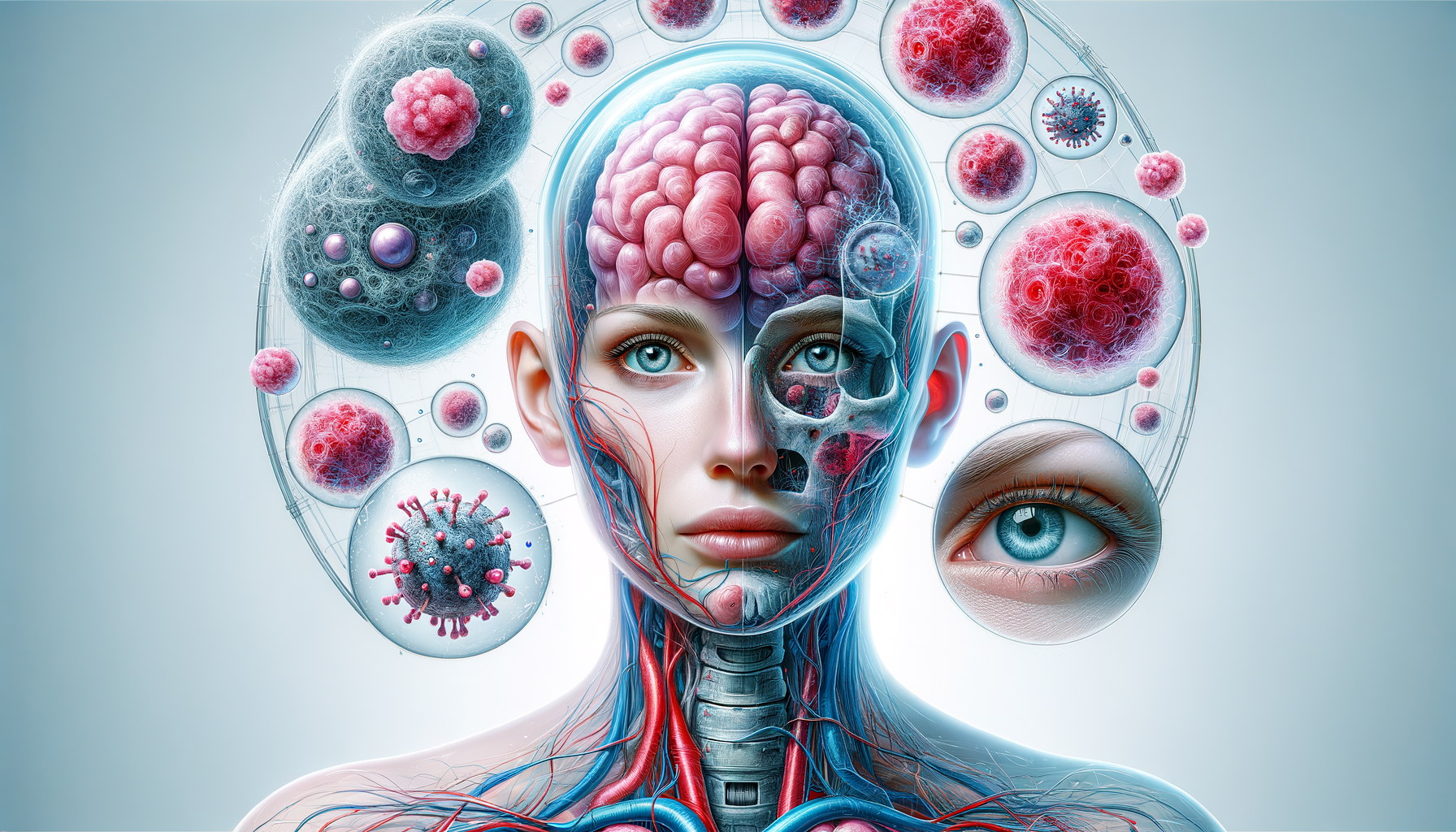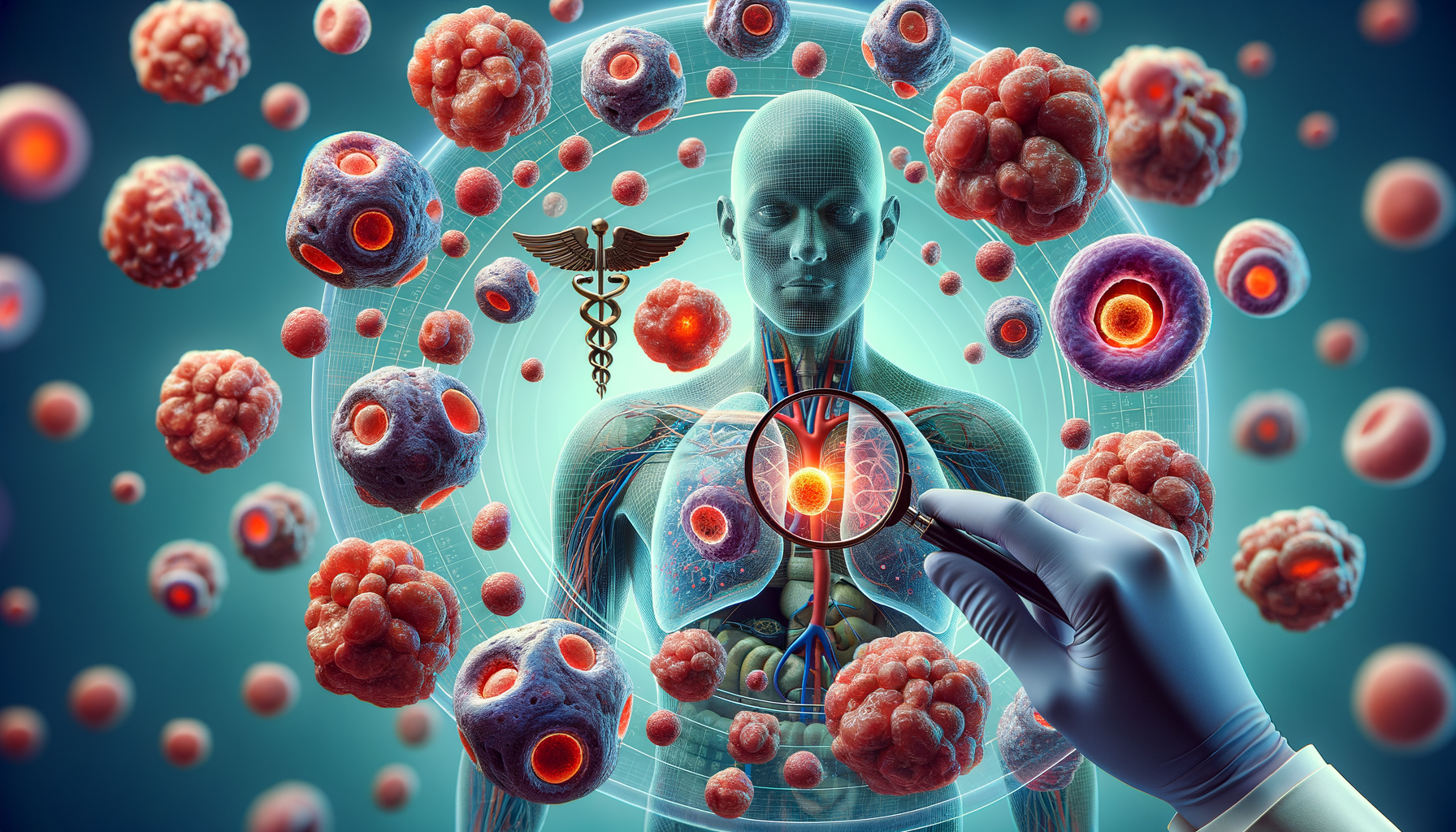Recognizing the Signs of an Eating Disorder
Identifying an eating disorder early can significantly improve the chances of successful treatment. These conditions often develop gradually, and the signs may be subtle at first. Common eating disorders include anorexia nervosa, bulimia nervosa, and binge-eating disorder. Each presents differently, but all involve disruptive eating behaviors that impact physical and emotional well-being. Recognizing the warning signs can be crucial in seeking timely help.
Some indicators to look out for include:
- Preoccupation with weight, food, or dieting
- Noticeable fluctuations in weight
- Skipping meals or eating in secret
- Excessive exercise routines
- Withdrawal from social activities, especially those involving food
Family members, friends, and educators often play a vital role in spotting these behaviors and encouraging the individual to seek professional help. Open dialogue and support can make a significant difference in the recovery journey.
Types of Treatment Approaches
Treatment for eating disorders typically involves a combination of medical, nutritional, and psychological support. The specific approach depends on the type and severity of the disorder but generally includes several core components. These may be delivered through outpatient therapy, day treatment programs, or inpatient care in more severe cases.
Key treatment modalities include:
- Cognitive Behavioral Therapy (CBT) – helps individuals identify and change negative thought patterns related to food and body image
- Family-Based Therapy (FBT) – involves family members in the recovery process, particularly effective for adolescents
- Nutritional counseling – educates on healthy eating habits and works to restore balanced nutrition
- Medication – in some cases, antidepressants or anti-anxiety medications may be prescribed to address co-occurring mental health issues
Each treatment plan should be tailored to the individual’s needs, taking into account their specific symptoms, medical history, and personal circumstances.
The Role of Healthcare Professionals
Successful eating disorder treatment often involves a multidisciplinary team of healthcare professionals. These may include physicians, psychiatrists, psychologists, dietitians, and therapists. Their collaborative efforts ensure that both the physical and psychological aspects of the disorder are addressed.
Physicians monitor physical health, manage complications like electrolyte imbalances or cardiac issues, and coordinate care. Psychologists and therapists focus on behavioral interventions and emotional support, while dietitians develop meal plans that promote recovery and prevent relapse.
Trust and communication between the patient and their care team are essential for progress. Regular check-ins, consistent monitoring, and a compassionate approach help individuals feel supported and understood, which is crucial for long-term recovery.
Challenges and Setbacks in Recovery
Recovery from an eating disorder is not a linear process. It often includes periods of progress and setbacks. Understanding that relapses can occur is an important part of managing expectations and maintaining motivation. These setbacks do not indicate failure but rather highlight areas that need further attention or adjustment in the treatment plan.
Common challenges in recovery include:
- Body image issues that persist even after physical recovery
- Social pressures and stigma related to eating and appearance
- Difficulty maintaining healthy eating habits in real-world settings
- Co-occurring mental health disorders such as anxiety or depression
Support groups, ongoing therapy, and strong social networks can help individuals navigate these challenges. It’s essential to celebrate small victories and remain committed to the recovery process, even when it feels difficult.
Building a Sustainable Path Forward
Sustainable recovery from an eating disorder involves more than just the cessation of disordered eating behaviors. It requires the development of healthy coping mechanisms, improved self-esteem, and positive relationships with food and body image. Long-term success is often supported by continued therapy, involvement in support groups, and a healthy lifestyle that includes regular physical activity, balanced nutrition, and stress management.
Education also plays an important role. Learning about nutrition, understanding the psychological aspects of eating disorders, and becoming aware of societal pressures can empower individuals to make informed choices and reduce the risk of relapse.
Ongoing support from family, friends, and healthcare providers is fundamental. Encouragement, patience, and active listening help create an environment where individuals feel safe to express their struggles and seek help when needed. Ultimately, recovery is a personal journey that looks different for everyone, but with comprehensive care and support, it is achievable.




Leave a Reply